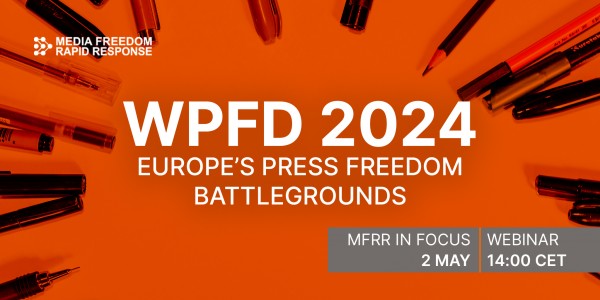IPI: IPI is the only press freedom organisation with a national committee structure. In January you will take over as head of the IPI Austria National Committee. What are the advantages of this system, and what is the role that you see a revitalized Austrian committee playing – in Austria and around the world?
Sperl: Journalists in the Austrian media are very sensitive to attempts to limit press freedom. Just recently, the justice ministry again decided to drop planned limitations. Therefore, a newly formed national committee will not only defend the quality of press freedom in Austria, but will also attempt to expand on it. That’s the prerequisite to being able to competently address threats in other countries. The establishment of a press council and the existence of an ethics council are new institutional developments that were missing for a long time.
IPI: Over the past few weeks there have been serious debates about press freedom in Austria. Do you think that press freedom in this country is in danger?
Sperl: There has been no year in recent times where press freedom was safe. Again and again we’ve had to stave off attempts to block the work of journalists, or to penalize them for their revelations. At the same time we must make sure that press freedom is not also being threatened through the commercial interests of the publishers.
IPI: The principle of editorial secrecy is under discussion by academics, journalists and politicians. As someone with nearly 30 years experience as a chief editor, how do you see the ongoing debate? Why is editorial secrecy important?
Sperl: Any relaxation of editorial secrecy would be the beginning of the end of media freedom. It would amount to breaking reporters’ journalistic backbone. They would no longer be able to walk upright.
IPI: How have media consumers’ expectations changed over the past few years, if at all? Can local media keep up with the competition from other German-speaking countries?
Sperl: A comparison from football. We are generally not in the Champions League. But a few newspapers always find a spot in the Europa League.
IPI: Over the past 10 or 20 years, there has been a clear diversification among print and especially broadcast media in Austria. What do you see as the challenges and opportunities for more established media houses?
Sperl: New media have never crowded out the old. But print media must still maintain its position through innovation and by conforming to reader and viewer conventions. In figure skating, it used to be that a double axel was enough. Today, it has to be a quadruple. The pirouettes turn faster.
To read the IPI press statement on this, please click here.


